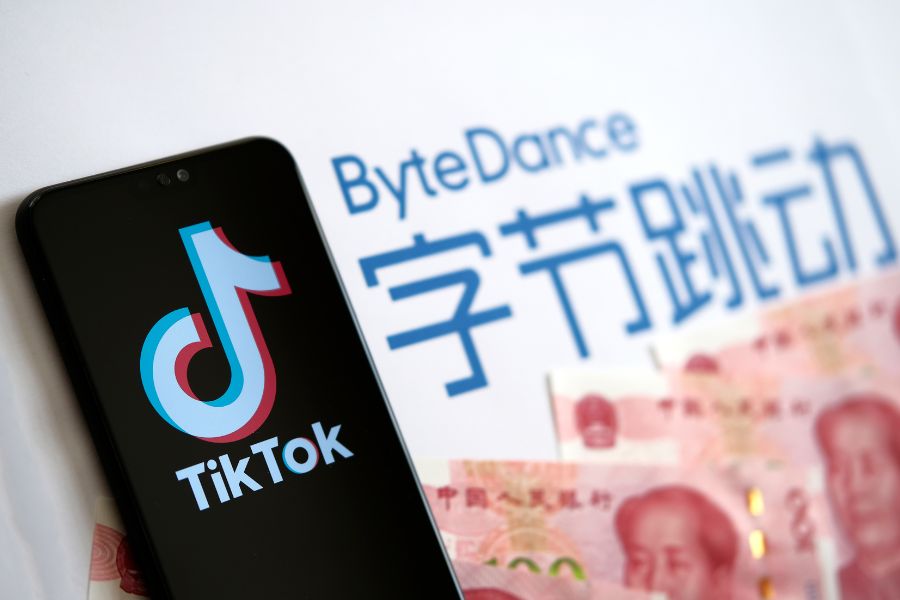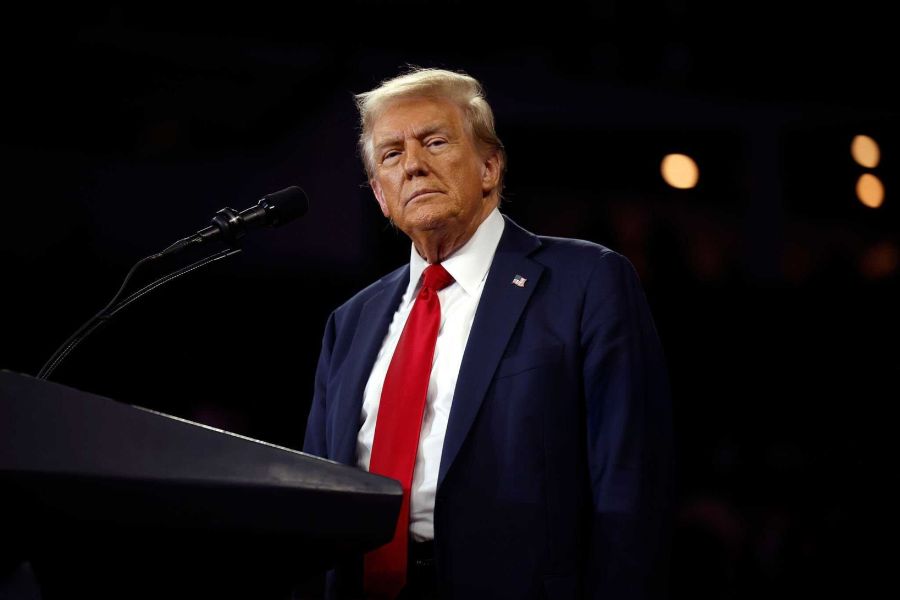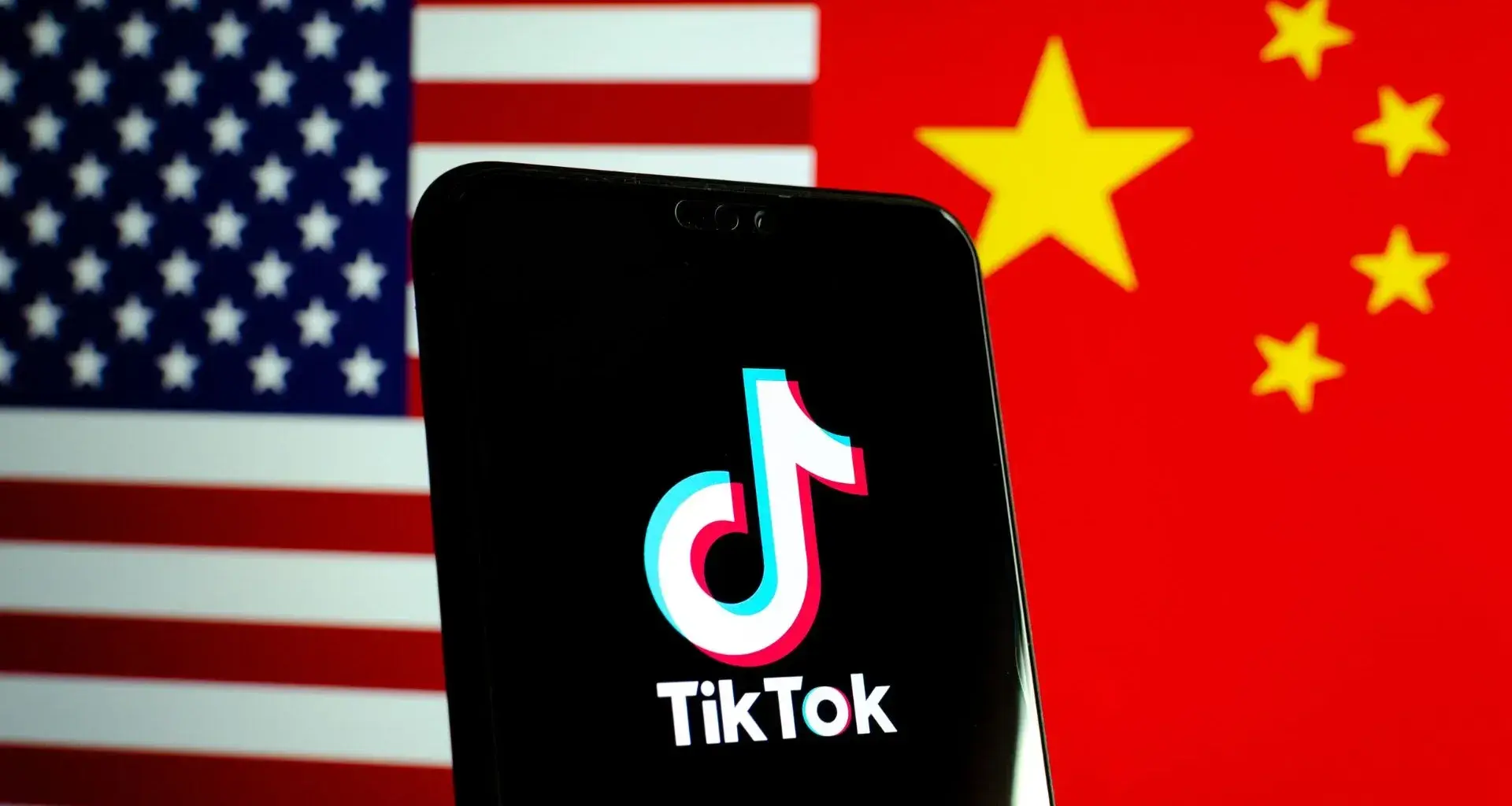On Friday, January 17, the U.S. Supreme Court ruled that the ban on Chinese-owned short video app TikTok would take effect on Sunday, January 19.
According to the court, this decision rejects arguments made by company representatives and U.S. users of the app that the ban violates the First Amendment (freedom of speech).
Citing national security concerns about potential data-sharing with the Chinese government, the legislature pledged to enforce the ban unless the app is sold to a U.S. buyer.
Our expert, professor Iliana Rodríguez Santibáñez explains the background and deeper implications of these events, both in terms of the relationship between the two actors and of points such as the ‘soft’ power of these states.
“Yes, it’ll be a very big blow to remove TikTok or ban TikTok in the United States if there’s no buyer, as is still the case,” said the Mexico City campus professor.

TikTok, a tool of Chinese soft power
According to the academic, TikTok has influenced the U.S.-China relationship in several significant ways and can be considered a tool of “soft power” or influence by the Chinese actor to attract a larger market.
For the professor, the banning of the app in U.S. territory is a reflection of a broader struggle between the two nations in terms of technological and economic influence.
“The United States won’t likely yield to being displaced by an international leadership superior to the one it holds today,” Rodríguez explained about the relationship of economic and strategic competition that exists between the actors.
“So, this is a struggle for value chains, for geopolitics, for economics and technology, and for the preeminence or power that one nation has over another,” she said.
As a result, the United States has taken measures to limit Chinese presence in its territory, which is interpreted as an attempt to reduce China’s capacity to influence its citizens, particularly the younger sector.
“TikTok represents a means for China’s influence to attract young audiences to be consumers of everything China produces. In other words, the end result is that TikTok generates captive customers in the young population, who are eager for goods,” she said.
“Hence, TikTok also collects a large amount of private data which, for the U.S., is a potential security risk because of the number of users whose data China holds and which, at the end of the day, can be turned against the U.S.,” she explained.
To this end, the Protecting Americans from Foreign Adversary Controlled Applications Act of 2024 was introduced with the goal of safeguarding national security with a particular focus on TikTok and its company, ByteDance.

What’s next after the app ban?
In a message given by the app’s CEO, Shou Zi Chew, following the court’s deliberation on Friday, the businessman thanked President-elect Donald Trump for his possible support in the case.
“I want to thank President Trump for his commitment to work with us to find a solution to keep TikTok available in the United States,” Shou said on the network following the leader’s statements on keeping the app available.
“We are grateful and pleased to have the support of a president who truly understands our platform, one who has used TikTok to express his own thoughts and perspectives,” the executive added.
While Trump’s second presidential term is inaugurated on Monday, January 20, the politician has already made statements on networks such as Truth Social showing his possible stance in favor of keeping the app available under the ownership of some U.S. entity.
“Although Walmart swooped in to make a proposal to buy TikTok, it wasn’t taken notice of. It was rumored that Elon Musk also had intentions to buy the platform, but nothing has been finalized at this point,” the professor said.
“We’ll have to see what happens, but what’s certain is that they will take away the access of these savvy digital users of the platform to this fast-paced society’s consumerism,” she said.
According to Rodríguez, this situation marks a stalemate for all U.S. TikTok users, a strategic move by the U.S. to reduce China’s ability to influence its territory and demonstrate its national security policy.
“These measures actually project the decoupling of the technological, economic, and geopolitical policies that both nations may have had in their own history (...) It’s certainly going to be a new chapter to consider in their relationship,” she said.
The TikTok ban is the beginning of a new era
Although media outlets such as Forbes report speculation regarding the app’s status, possible fines, and the “grace” period for banning the app in the U.S., the expert points out that this situation goes beyond the First Amendment.
Regardless of the President-elect’s final decision regarding the platform, being able to take advantage of the 60- to 90-day window in which the law goes into effect during the beginning of his term, the academic suggests that the focus may be on other issues.
“Taiwan is still getting closer and closer to being taken back by China (...) In addition to all the consequences that this may have, we need to consider that Taiwan is a technological hub,” she said.
“Taiwan is a major supplier of the microchips needed for the development of the technology industry,” the professor pointed out regarding the importance of the territory to the U.S.
According to Rodríguez, when planning U.S. commercial and national programs, Biden’s administration looked for new markets to avoid having a strong dependence on Taiwan, which in the end could be subject to China’s policies.
“The TikTok issue is only the tip of the iceberg of this commercial and technological dispute that both nations (U.S. and China) are experiencing in the 21st century,” she said.
Finally, she advised remaining on top of the new developments resulting from these events and paying close special attention during the next three months, while broadening our outlook on the subject from a geopolitical perspective.
YOU MAY ALSO BE INTERESTED IN:





